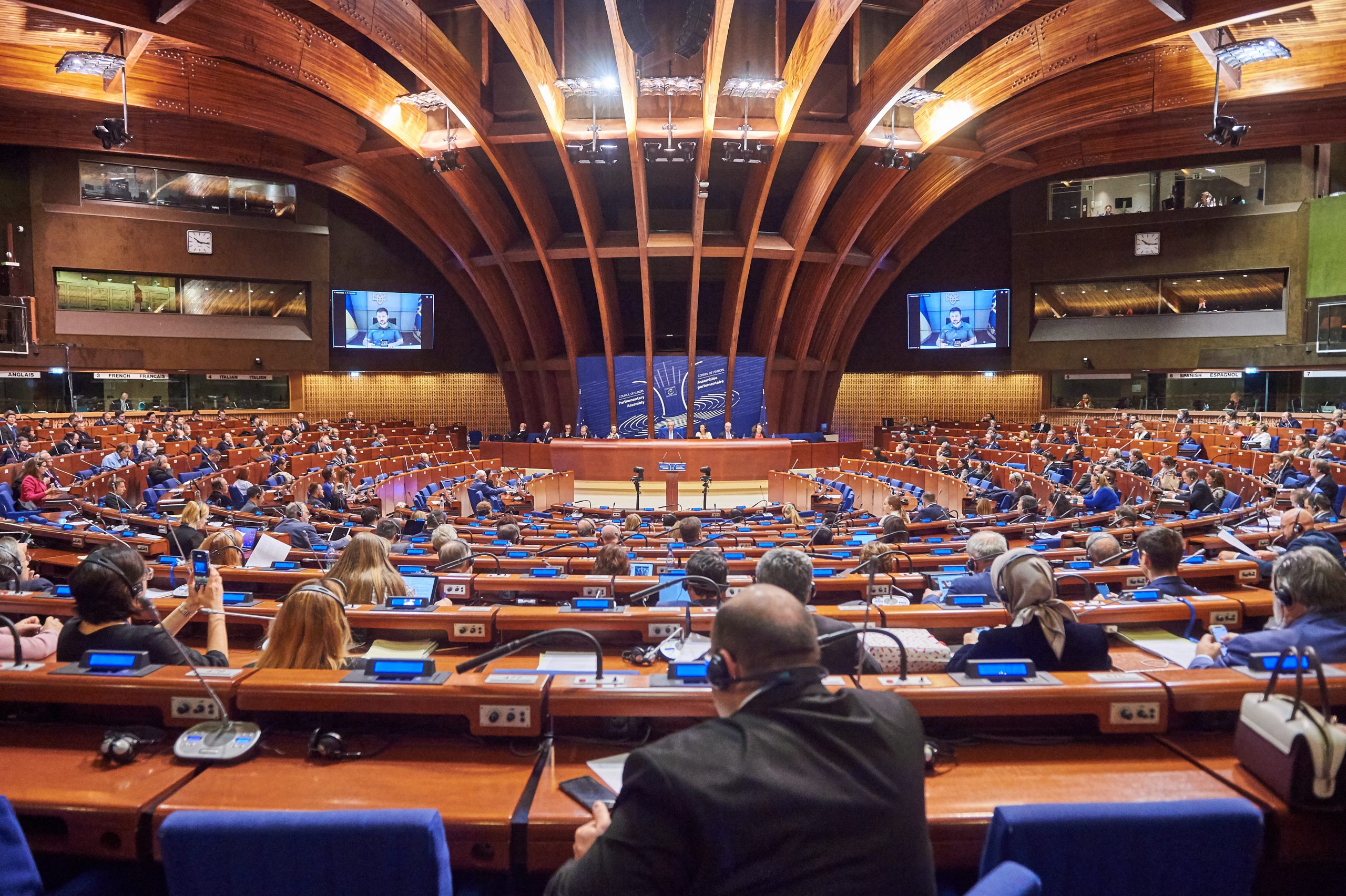MPs reject the "extremely tendentious, politically motivated” resolution.Continue reading

Barna Pál Zsigmond, a member of the Hungarian delegation to the Parliamentary Assembly of the Council of Europe (PACE), has written an opinion piece on the current situation of the Council of Europe (CoE).
In an article published in the daily Magyar Nemzet, the deputy head of the Hungarian delegation wrote that the system of national minority protection built up in the CoE in the 1990s has been destroyed by the migration crisis of recent years. “Today, not only the EU, but also the Council of Europe only talks about the rights of migrants and is hardly willing to deal with indigenous national communities in Europe,” he explained.
“The CoE’s institutional set-up is also completely infiltrated by a liberal, globalist approach, with issues that are important to us never or barely on the agenda. If we make proposals, they are simply swept off the table,” the Fidesz politician pointed out. Zsigmond said it was shocking that it is always the same organizations that keep nominating “independent” experts to the committees, and that these experts are typically linked to George Soros’s NGO network.
According to the MEP, “well-founded research proves” that Soros, through his foundations, has infiltrated the institutions of CoE, including the European Court of Human Rights, which can influence and even destabilize nation-states through its judgments. In recent years, the jurisprudence of the ECHR has also become increasingly ideological in comparison to previous years, pointing in one direction, towards a globalist, anti-nationalist perception, he continued.
The regular autumn session of PACE was held from October 10-14. “Now more than ever, the bias of the left-wing majority, its intention to stigmatize Hungary at all costs, has become clear,” Zsigmond wrote.
According to the MP, it was sad to see the difference between the debate on the Hungarian and Romanian monitoring reports. “In Hungary’s case, the assembly decided to put Hungary under full scrutiny because of ‘long-standing problems with the rule of law and democracy, whereas in the case of Romania, the assembly found the rule of law to be in order,” he explained.
The report on Hungary was approved by 95 votes, 25 voted against it – mainly the conservative allies of Hungary’s governing Fidesz party – and one MP abstained. During the debate on Romania, Zsigmond described how the rights of ethnic Hungarians in Transylvania, Romania have been violated, yet “in the late evening vote, with only a few members present, 31 MPs thought that Romania was a state governed by the rule of law in all respects, and only three Hungarians voted against.”
Featured photo via Flickr/CoE PACE